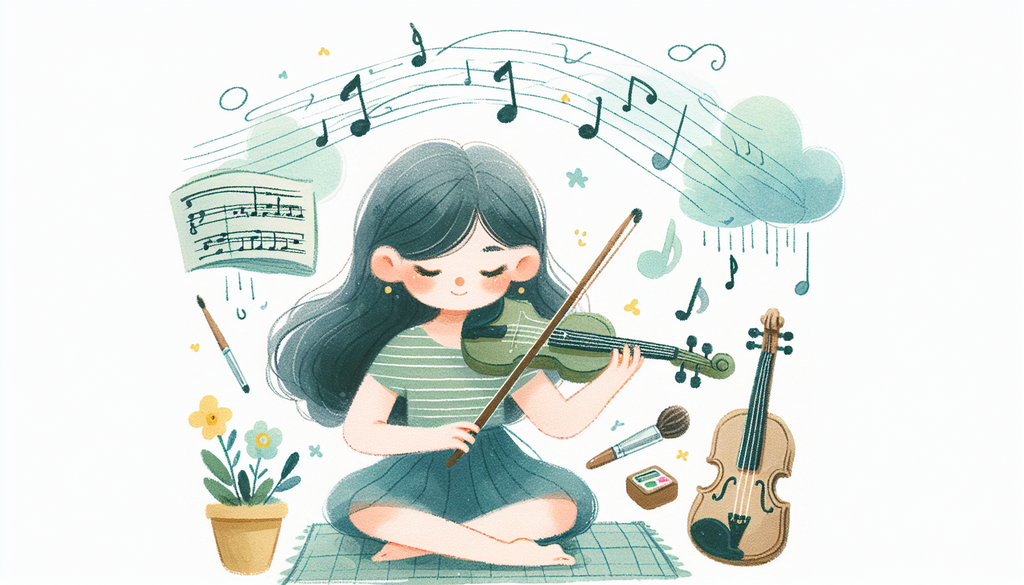The Impact of Music Education on Special Needs Students

Music has the unique power to touch individuals in profound ways and its influence on learning and development is well-documented. Music education, in particular, holds significant benefits for children, stemming from the enhancement of cognitive, emotional, and social skills. In the realm of special and gifted education, music serves as an essential tool for development and self-expression.
Cognitive Benefits of Music Education
For students with special needs, engaging in music education has been seen to enhance neuroplasticity, the brain’s ability to adapt and learn (source). This can improve their motor skills, concentration abilities, and overall cognitive function. Children with dyscalculia, for example, can use rhythm and melody to better grasp mathematical concepts, turning seemingly complex subjects into engaging activities. For more insights into dyscalculia, check out our post Understanding Dyscalculia: Supporting Children with Math Difficulties.
Emotional and Social Benefits
Outside of cognitive development, music provides an outlet for self-expression and emotional release which can be particularly therapeutic for children with special needs. This non-verbal form of communication can allow children to convey their feelings when words fail, increasing their emotional understanding and ability to empathize with others. For more on emotional health and special needs children, read The Role of Friendship in Emotional Health for Special Needs Children.
Musical activities are also inherently social, facilitating interaction and collaboration between students. Participating in band, orchestra, or choir can foster a sense of belonging and improve a child’s interpersonal skills. Our post Harnessing the Benefits of Inclusive Sports Programs provides more exploration on inclusive programs and their benefits.
Bringing Music Education into Your Home
You don’t need to be a professional musician to engage your child in music education at home. Start by encouraging the exploration of different instruments, or engage your child with musical apps and online tutorials that offer interactive, educational content. Check out our post Breaking Down Barriers: Tech Accessibility for the Visually Impaired for more insights on accessible tech solutions.
Music can also be incorporated into your child’s daily routine through singing or creating a playlist of tunes that can be rhythmically linked to their tasks. This can particularly assist children with ADHD or those struggling with attention difficulties in staying engaged and focused. For more ADHD-related insights, read Addressing Attention Difficulties in the Classroom: Tips for Teachers.
In Conclusion
Music education can provide special needs and gifted children an effective and enjoyable pathway to bolster learning and personal development. By integrating music into academic and home environments, we allow these children to harness its myriad benefits, supporting them in their unique journeys towards growth.
Look out for our upcoming posts in the Educational Resources & Tools category to get more strategies, actionable tips, and discussions on education-related issues.